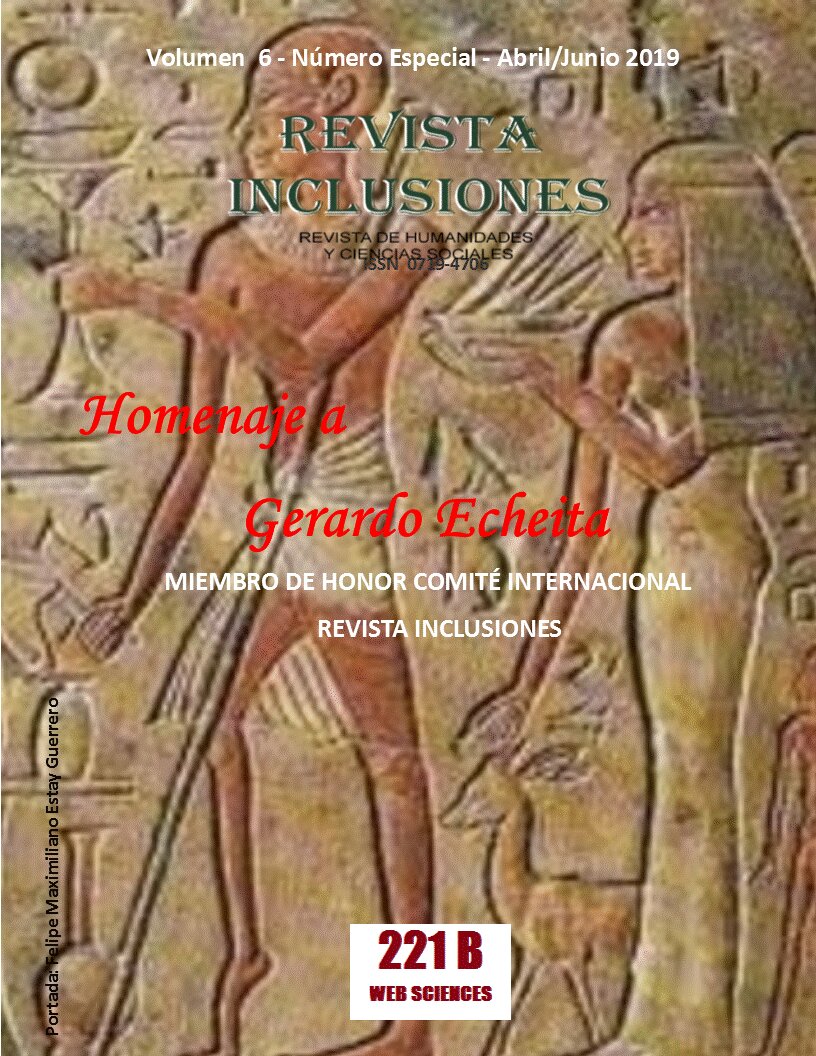ANALOGS AND DIGITAL: SOCIAL REPRESENTATIONS ON THE TECHNOLOGICAL LITERACY OF STUDENTS OF THE UNIVERSIDAD AUTÓNOMA DEL ESTADO DE HIDALGO (MEXICO)
Keywords:
Alfabetización digita, TICS, Enseñanza, Aprendizaje, Representación social, Educación universitaria, DidácticaAbstract
Literacy is a term with a variety of meanings and has had different fields of application depending on the historical location given to it, the most common use and with greater seniority is the one referred to the acquisition of knowledge, skills, attitudes and values to read and to write. This can be summarized to a learning to be able to understand others and communicate with them to a certain purpose; however, the same social evolution has allowed us to use this concept for issues not only of one type of communication, but to encompass other dimensions of human development such as: technology, cultural and labor diversity. It is also important to look at the consequences, advantages and disadvantages derived from this literacy typology, therefore addressing it as a social construction is the object of research and the general objective of this work is to know the degree of technological literacy in university students of the careers of Communication , Political Science and Public Administration and Law, through the methodology of social representations to identify progress, evolution and development in the appropriation of information technologies in the field of higher education. Through a mixed, quantitative cut methodology (sampling of random and probabilistic type, and qualitative with methods of the approach of social representations. An instrument was applied to one hundred university students from the aforementioned careers, which belong to the Universidad Autónoma del Estado de Hidalgo (UAEH) to know the specificities of their knowledge, experience and points of view regarding technological literacy. Highlights those on knowledge, practices and study habits from the technological literacy acquired by students of various disciplines.
Downloads
Published
How to Cite
Issue
Section
License

This work is licensed under a Creative Commons Attribution 4.0 International License.
Authors retain copyright and grant Revista Inclusiones the right of publication under Creative Commons Attribution 4.0 International (CC BY 4.0). This allows use, distribution, and reproduction in any medium, provided proper attribution is given to the author.











